Academic Environment
Introduction:
The basic school system in Japan is composed of the following levels
Structure
Pre-primary Education
Organization
Education Finance
Curriculum
Outline features of Japan education that Kenya can borrow
APA Reference
History Notes Form 1 to 4
1 Comment
Reuben
8/7/2020 12:40:34
Very helpful
Reply
Leave a Reply. |
RSS FEEDS
ARCHIVES
Archives
May 2024
CATEGORIES
Categories
All
|
We Would Love to Have You Visit Soon! |
Hours24 HR Service
|
Telephone0728 450425
|
|
8-4-4 materialsLevels
Subjects
|
cbc materialsE.C.D.E
Lower Primary
Upper Primary
Lower Secondary
Upper Secondary
|
teacher support
Other Blogs
|

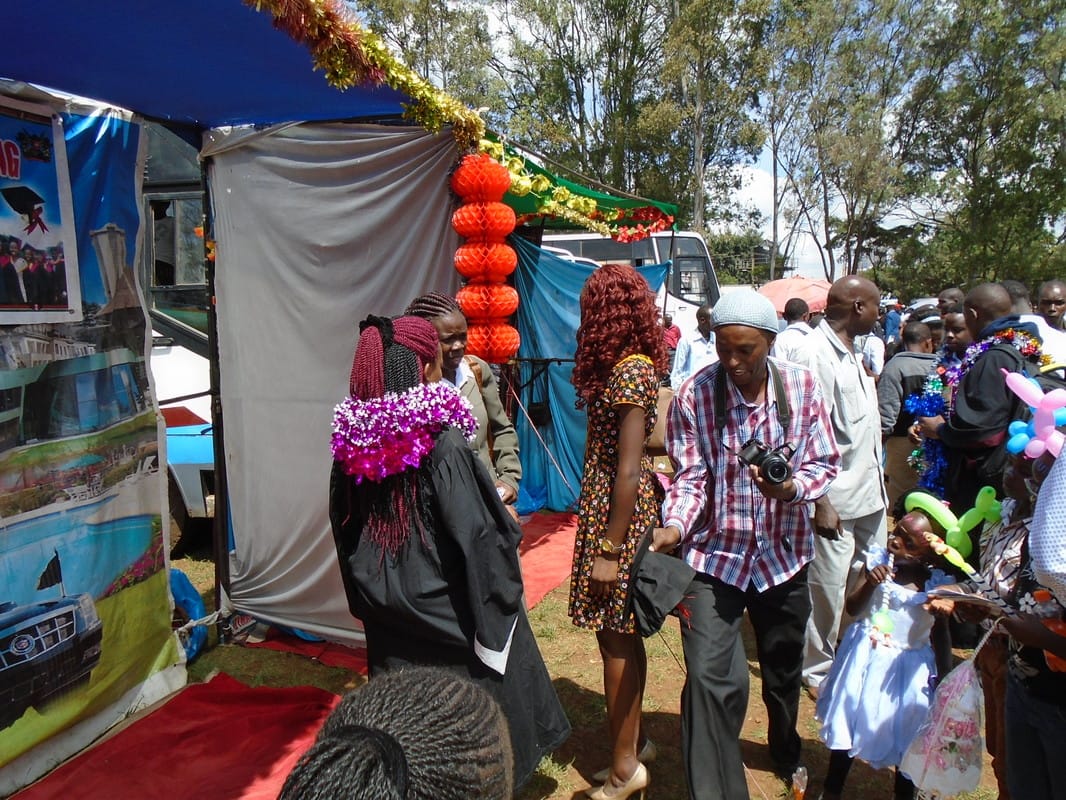
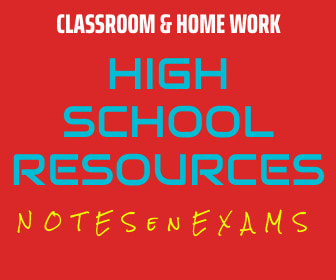
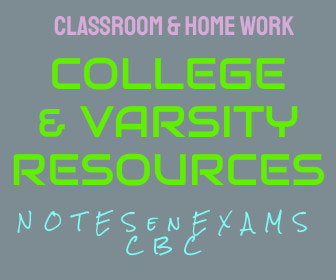
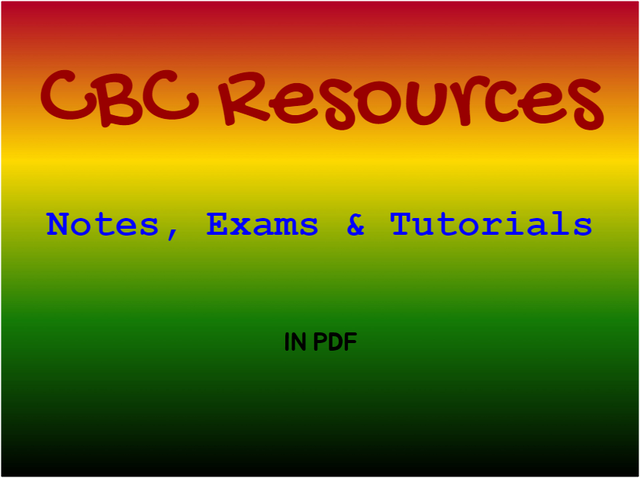
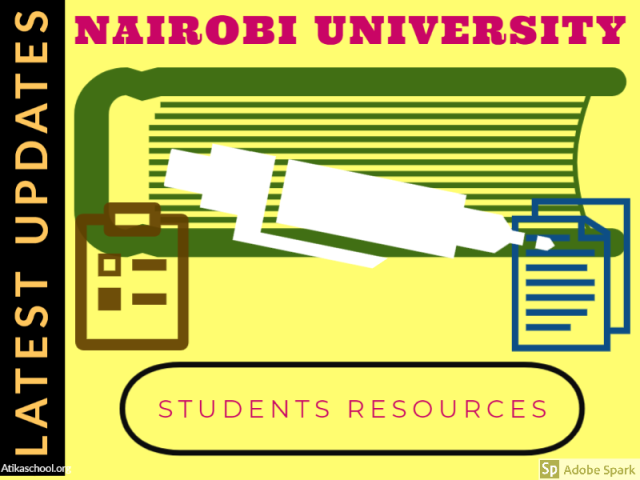
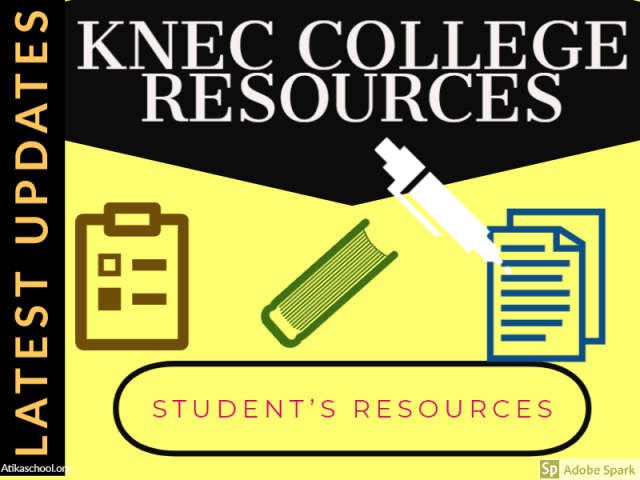
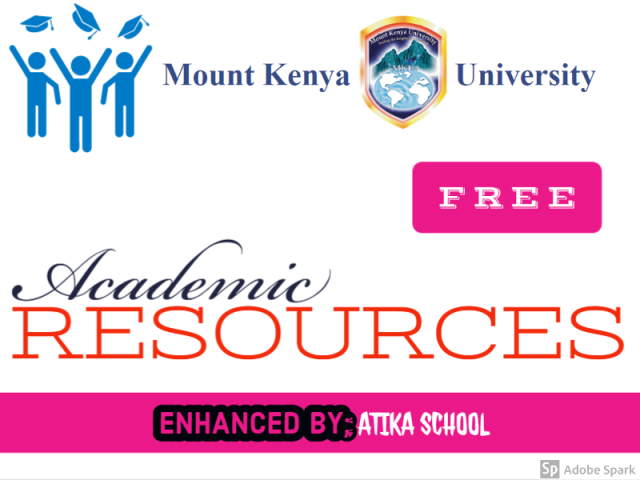

 RSS Feed
RSS Feed